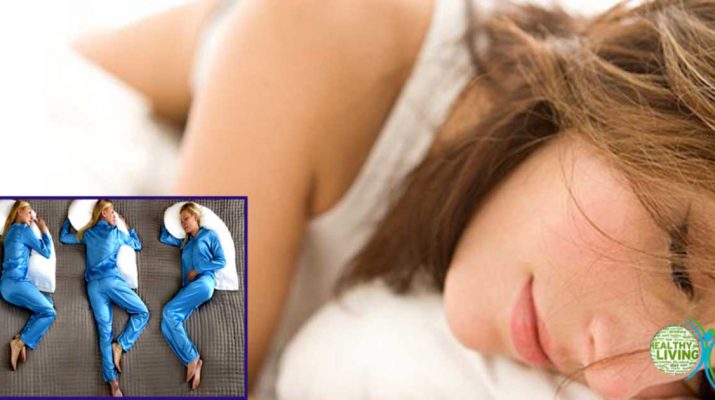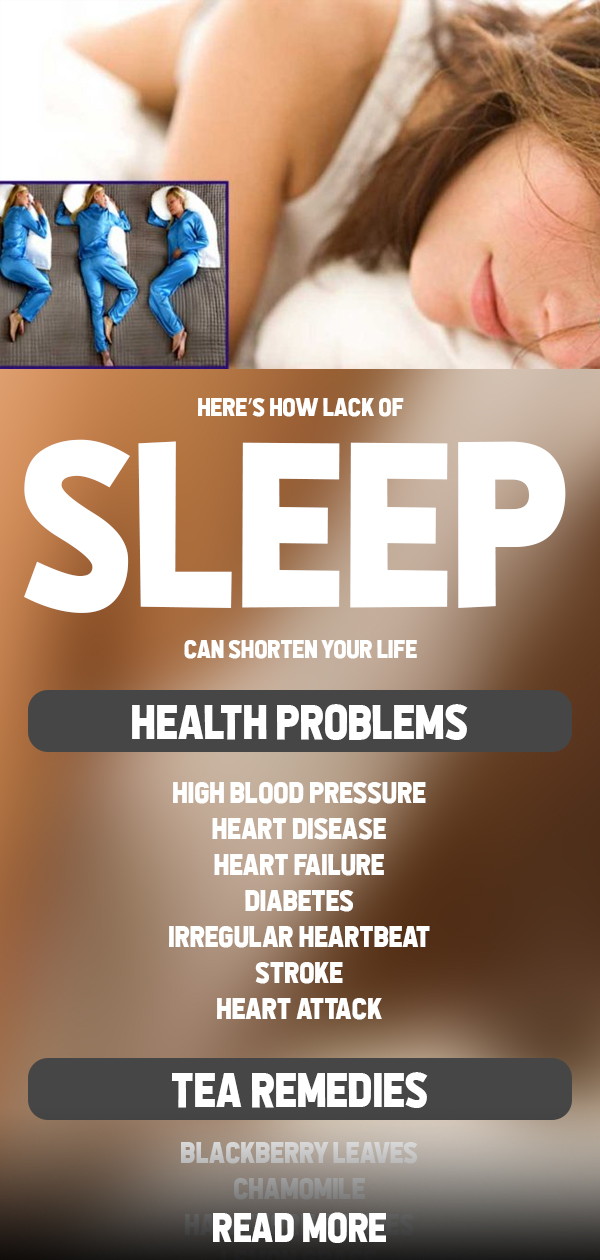According to the latest research, the less you sleep, the more you shorten your life. Scientists believe that if a person sleeps less than 6 hours per night, that person might increase the risk of an early death.
However, that doesn’t mean that you should sleep more than nine hours.
On the contrary, sleeping that much can also shorten your life, as scientists claim. During 16 experiments and studies in which 1.5 million people participated, even with the lack of evidence, scientists found a link between lack of sleep and death.
The people who were sleep deprived had a 12% chance of dying in the next 25 years or less. Furthermore, there was another research that showed that sleeping too much can also have the same side effects.
What Scientists Believe
According to the head of the Sleep, Health and Society Programme at the University of Warwick, Prof. Francesco Cappuccio, lack of sleep and too much sleep, can result in ill-health. In today’s society, it is very common for people, especially full-time workers, not to get enough sleep.
They develop an unhealthy pattern which can highly affect their health. What causes this massive change is the long working hours, shifts and societal pressures. Therefore, people don’t have enough time for themselves and they cut the hours for sleep to make up for it.
As research claims, 16 studies from the US, UK, Asia, and Europe, showed that more than 100,000 deaths during the observation period were caused by lack of sleep.
If you want to be healthy, you have to sleep 6-8 hours per night, says Prof. Cappuccio together with his colleagues from the Federico II University Medical School in Italy.
Health Problems as a Result of Sleep Deprivation
If you don’t get enough sleep, your overall health might experience some major changes. These are some of the sleep disorders that can occur due to chronic loss of sleep.
- High blood pressure
- Heart disease
- Heart failure
- Diabetes
- Irregular heartbeat
- Stroke
- Heart attack
Lack of Sleep Ages The Skin
If you have puffy eyes or sallow skin, it means that you haven’t had enough sleep. However, if you keep doing the same thing and skip sleeping, it can cause fine lines, dark circles under the eyes and lackluster skin.
But, when you do sleep, the body releases the stress hormone cortisol and breaks it down to make the skin look smoother and feel elastic. So, if you don’t sleep enough, you can interrupt some major functions in your system which can affect your skin.
Moreover, lack of sleep can affect the release of human growth hormone.
A hormone that promotes growth as we age and helps thicken the skin, strengthen the bones and muscle mass. As the sleep expert Phil Gehrman claims, the same growth hormone helps with the tissue repair every day.
Therefore, sleep is crucial for better healing and rejuvenation, especially if you have suffered from a recent injury.
How Much Sleep is Enough?
Some people need 8 hours for a good sleep, others less. But, it is important to know how much sleep your body needs and to stick to it. Therefore, if your body forces you to have a nap during the day, it means that you don’t get enough sleep.
Besides, there are many reasons why you might feel the need to have a nap during the day. It might be a signal for some health conditions, or you might be needing some different and new sleeping habits. Nevertheless, you shouldn’t sleep less than 6 hours every night.
Your body needs to sleep if you want it to function normally.
Best Bedtime Teas
Do you have trouble sleeping? Well, there are a huge number of herbal teas that can help with your problem. Of course, you have already heard about most of them, since they are so popular. Even so, we have a prepared a list of the best herbal teas that can help you sleep.
Here are a few of them that you should try out:
- Blackberry Leaves
- Chamomile
- Hawthorn Berries
- Lemon Grass
- Orange Blossoms
- Rosebuds
- Spearmint
- Tilia Flowers
Have you tried any of these teas? What do you think, can the lack of sleep have this kind of impact on your health? Tell us your ideas and leave a comment. If you like this post, don’t forget to share it with friends and family.
Source: The Guardian | No Sleepless Nights | Daily Mail | WebMD | NHS


